Best Motivational Video - Real Life Hero
Best Motivational Video - By a Common Man - Real life Hero
The Reasons We Don't Achieve Success | Robin Sharma
Reasons By We Don't Achieve Success By Robin
CHANGE YOUR MIND AND BECOME SUCCESSFUL - Best Motivational Videos Compilation for 2017
CHANGE YOUR MIND AND BECOME SUCCESSFUL - Best Motivational Videos Compilation for 2017
Chetan Bhagat 10 Real Life Quotes on Success | Inspiring | Motivational Quotes
Chetan Bhagat 10 Real Life Quotes on Success | Inspiring | Motivational Quotes
Chetan Bhagat on how to achieve big things in life
Chetan Bhagat on how to achieve big things in life
Profile of Chetan Bhagat
About Chetan Bhagat -
Chetan Bhagat is a famous contemporary Indian writer, speaker, columnist and novelist. He was born in New Delhi in 1974. Considered one of India's most popular writers of fiction, Chetan Bhagat is an alumnus of the Indian Institute of Technology, Delhi and the Indian Institute of Management, Ahmedabad. Before becoming a fulltime writer, Chetan worked as an investment banker for a few years. The New York Times called him ‘the biggest selling English language novelist in India’s history’. Some of Chetan's other notable works are Five Point Someone, One Night at the Call Centre, 2 States, The 3 Mistakes of My Life, and Revolution 2020. Three of his books have been adapted into Bollywood movies, two of which went on to become massive hit movies: 3 Idiots and Kai Po Che!
Life Without Limits: Inspiration for a Ridiculously Good Life - Nick Vujicic
"Living without limits means knowing that you always have something to give, something that might ease the burden of others." Nick Vujicic
A Review: Life Without Limits: Inspiration for a Ridiculously Good Life, a book by Nick Vujicic
What limits do we place on our lives? How can we live a life without limits; a purposeful life?Recently, I read a book that was so compelling, I couldn't put it down. It was the personal journey of Nick Vujicic, a motivational speaker and inspiring author of "Life Without Limits: Inspiration for a Ridiculously Good Life," born without limbs; a condition known as Tetra-amelia, and his struggles to overcome his limitations and build a purposeful life.
Know More About Nick:
Nick, the eldest child of a deeply religious, Serbian family, was born in Brisbane, Australia in 1982.His parents found out in the delivery room that their new baby had no arms or legs except for two toes on a partially formed foot. His parents were inconsolable when they found out about their baby's condition but soon turned to their Christian faith for solace, and then made a commitment to love their son unconditionally and raise him as best they could. At one point, they even moved to the USA to help Nick get access to better prosthesis and medical care, but returned to Australia when conditions didn't improve.
"Motivation gets you through the day, but inspiration lasts a lifetime." Nick Vujicic
Nick spent his early years struggling to make meaning of his life; he was bullied and picked on, felt limited by his disability and, at one point, at age 10, even considered suicide. However, through perseverance, faith in God, the loving support of his family and a series of fortuitous events, Nick turned his life around once he realized that pushing past insecurities about his physical limitations would give him the impetus to create a purposeful life: "At first I was not willing to confront that what was really wrong with me wasn't my body, it was the limits I put on myself and my limited vision of the possibilities for my life."
Accepting his divine destiny and the endless possibilities that he now enjoys did not come easy,however, there were signs and help along the way. There were several pivotal moments and stories shared in this book that helped Nick embrace his life and focus on achieving his dreams. At 13, he read a newspaper report about a man who was fully paralyzed and bedridden. The story made Nick recognize that he had possibilities and could do more with his life. An exchange on stage with a young girl, at a talk he gave for 300 teenagers, changed his perspective and helped him to stop questioning his self-worth.
"I do believe my life has no limits! I want you to feel the same way about your life, no matter what your challenges may be." Nick Vujicic
When Reggie Dabbs, an American motivational speaker, shared his own inspirational story at a High School assembly, Nick was impressed and imagined himself doing same. Mr. Arnold, the school janitor and Christian youth leader, prodded Nick for three months to give his first speech and when he finally gave one, everyone applauded his effort. Not long after, Nick started receiving invitations to give more speeches. By 17, he started his nonprofit company; Life Without Limbs, and embarked on a life of inspired Christian service to others and motivational speaking engagements.
Life Without Limits: Inspiration for a Ridiculously Good Life is filled with stories and uplifting messages of the power of faith and the importance of believing in our purpose and destiny. Each chapter addresses an important attribute that helped Nick on the road to building a life without limits. Nick doesn't gloss over the heart-wrenching pain and challenges he experienced in his childhood, however, he balances them with events and lessons that gave him hope and strengthened his faith. The inspirational, anecdotal stories shared in the book are helpful and engaging; affirming Nick's generous spirit and determined personality.
For anyone who might be feeling unworthy and limited, this book will uplift and inspire you to have faith and follow your dreams. Life Without Limits: Inspiration for a Ridiculously Good Life is full of fantastic nuggets of wisdom and a few that stood out are: "If you have the desire and passion to do something, and it's within God's will, you will achieve it." and "When you step outside of yourself and your own concerns to reach out for others, it will change you. You will be humbled. You will be inspired."
Today, Nick speaks around the world and runs his companies, Attitude is Altitude and Life Without Limbs.Org. Nick's book teaches us that the only limitations in our lives are the ones we hold in our minds. He invites us to release them and meet our destiny. I thoroughly enjoyed reading this inspirational and highly recommended book. What are your thoughts? What limits do you place on your life? What are you willing to do to help you change?
Stress relief ways - Motivational Video for success in life
Stress relief ways - Motivational Video for success in life
Hyundai Activity, Motivational Video For Success In Life in Hindi, Motivational Speaker Vivek Bindra
'
Hyundai Activity, Motivational Video For Success In Life in Hindi, Motivational Speaker Vivek Bindra

The Motivations Quotes to Build a Bright Future
Atrocities

Motivation

Nothing Controls You

"Don't allow your past or present condition to control you. It's just a process that you're going through to get you to the next level."
Confront

Encourage Others

"My goal is to be a contributor and to encourage others as they realize their dreams."
I Am a Believer

"I am a believer, I am believer that we shape and create the life that we choose, and I believe that the tool that we have to do that, is our mind"
Overwhelming

"My schedule is too overwhelmingly full to think about the future."
Passion
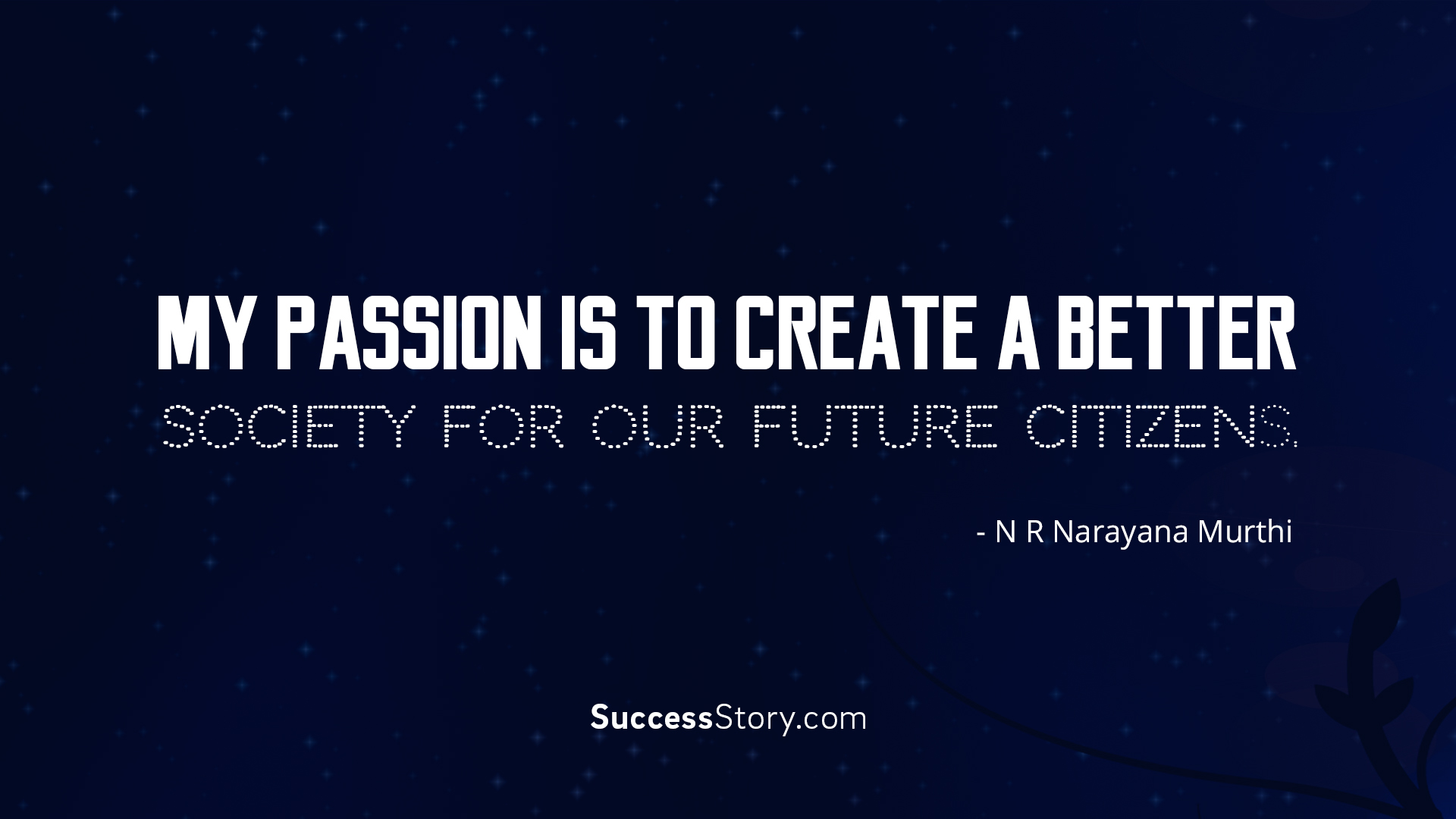
"My passion is to create a better society for our future citizens."
Potential
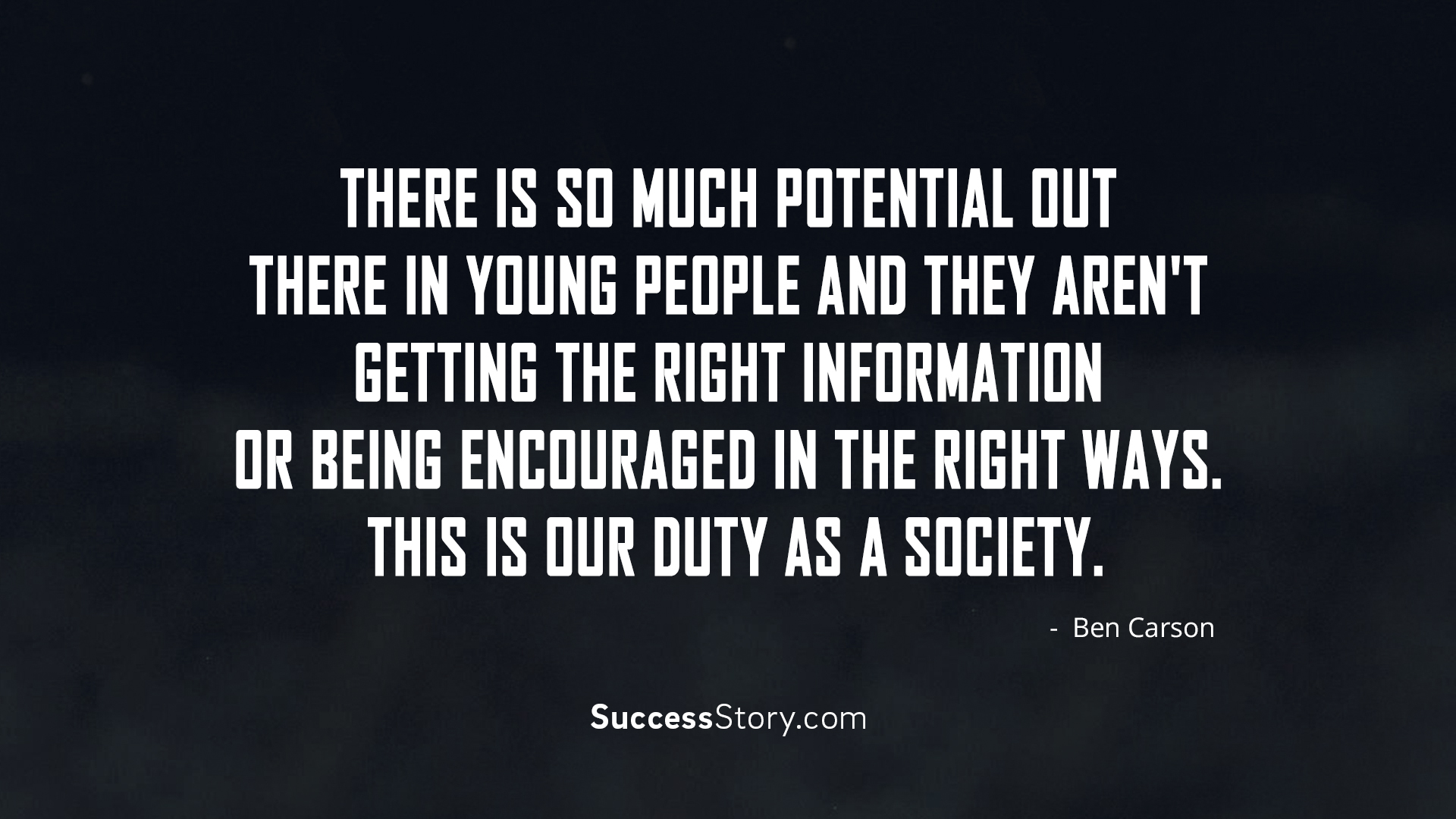
"There is so much potential out there in young people and they aren't getting the right information or being encouraged in the right ways. This is our duty as a society."
Path Finder
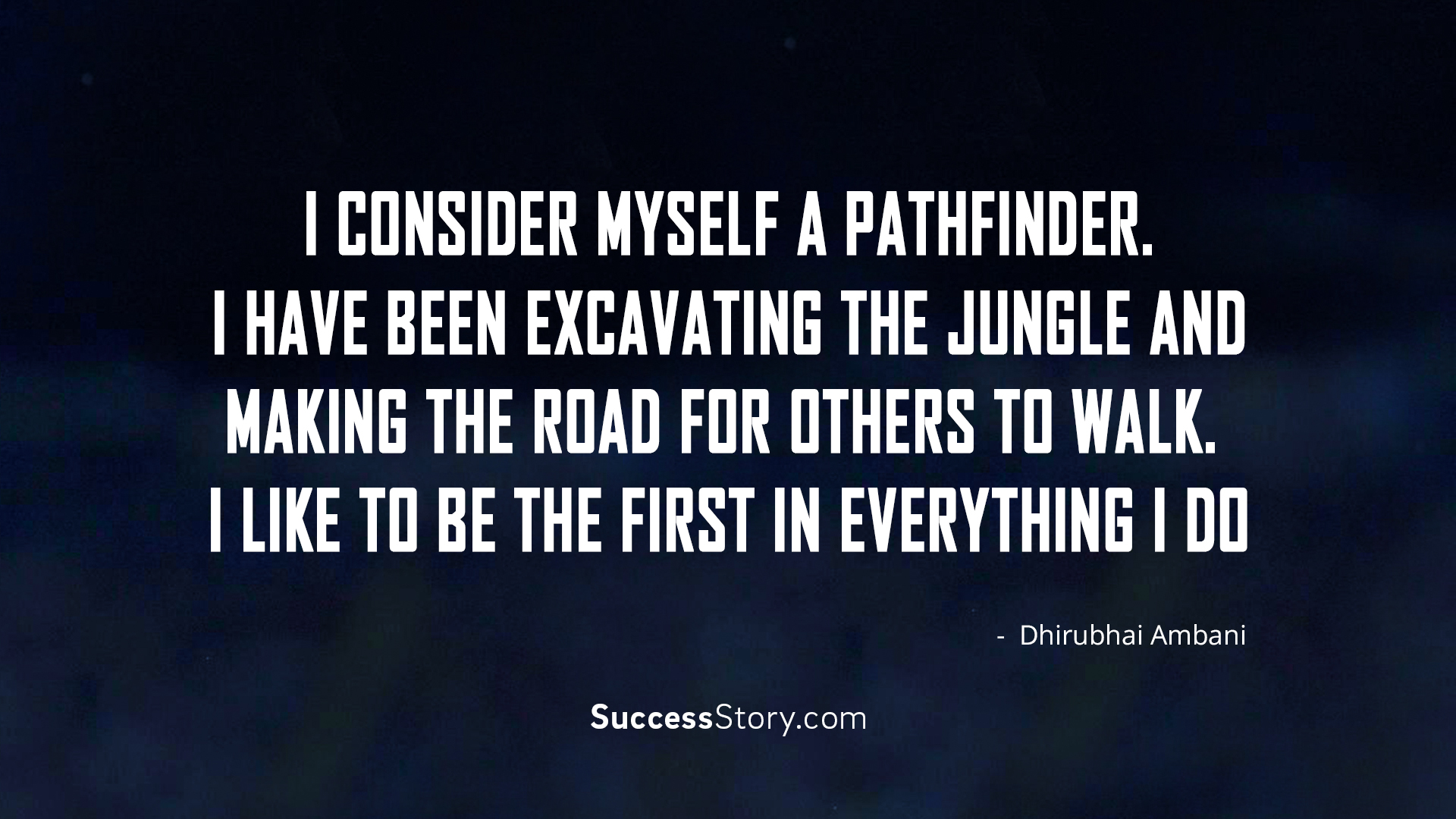
"I consider myself a pathfinder. I have been excavating the jungle and making the road for others to walk. I like to be the first in everything I do"
Technology

"Play on the frontiers of technology. Be ahead of the tomorrows."
Win or Lose
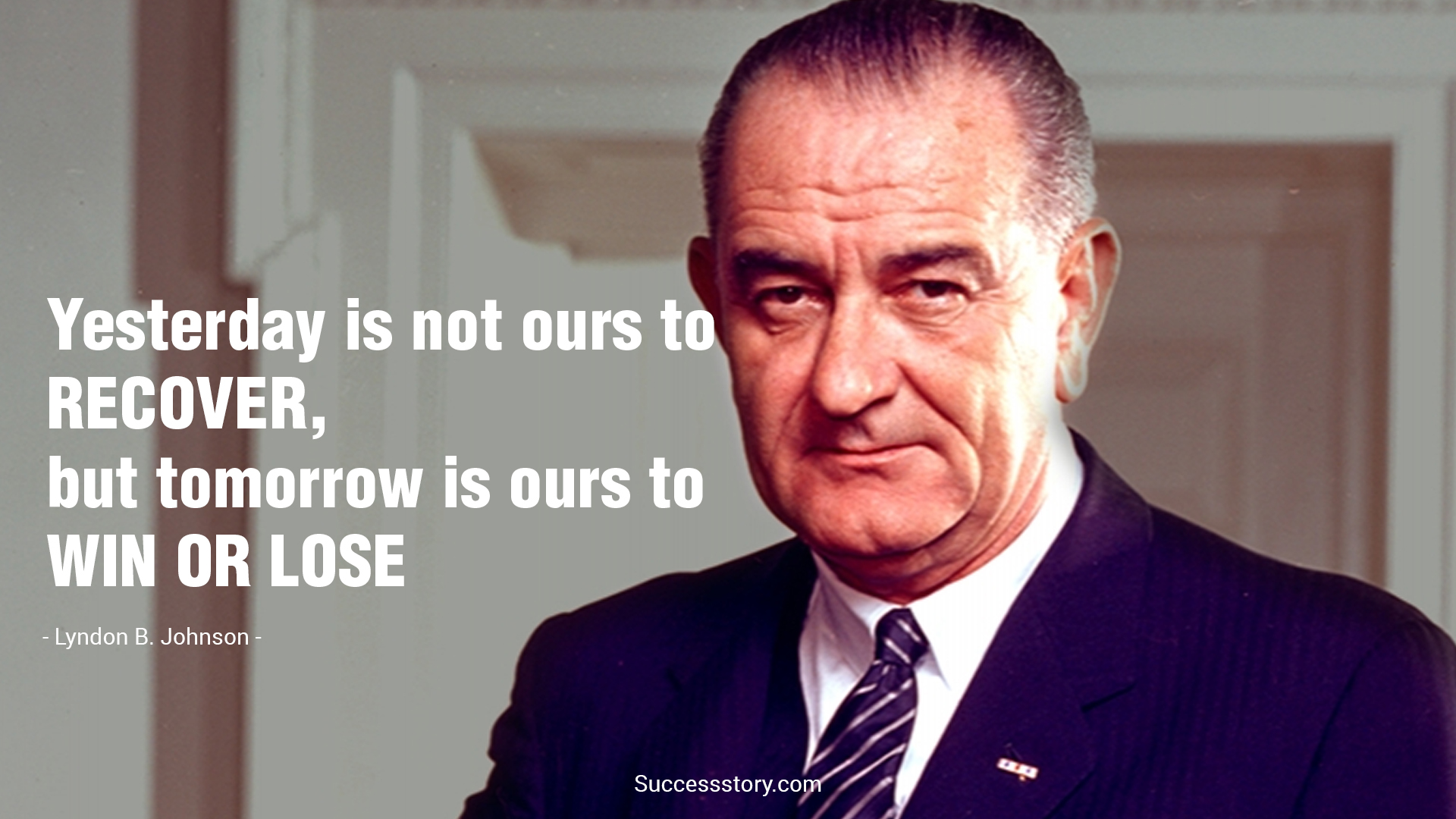
"Yesterday is not ours to recover, but tomorrow is ours to win or lose."
Difficult to Look Further
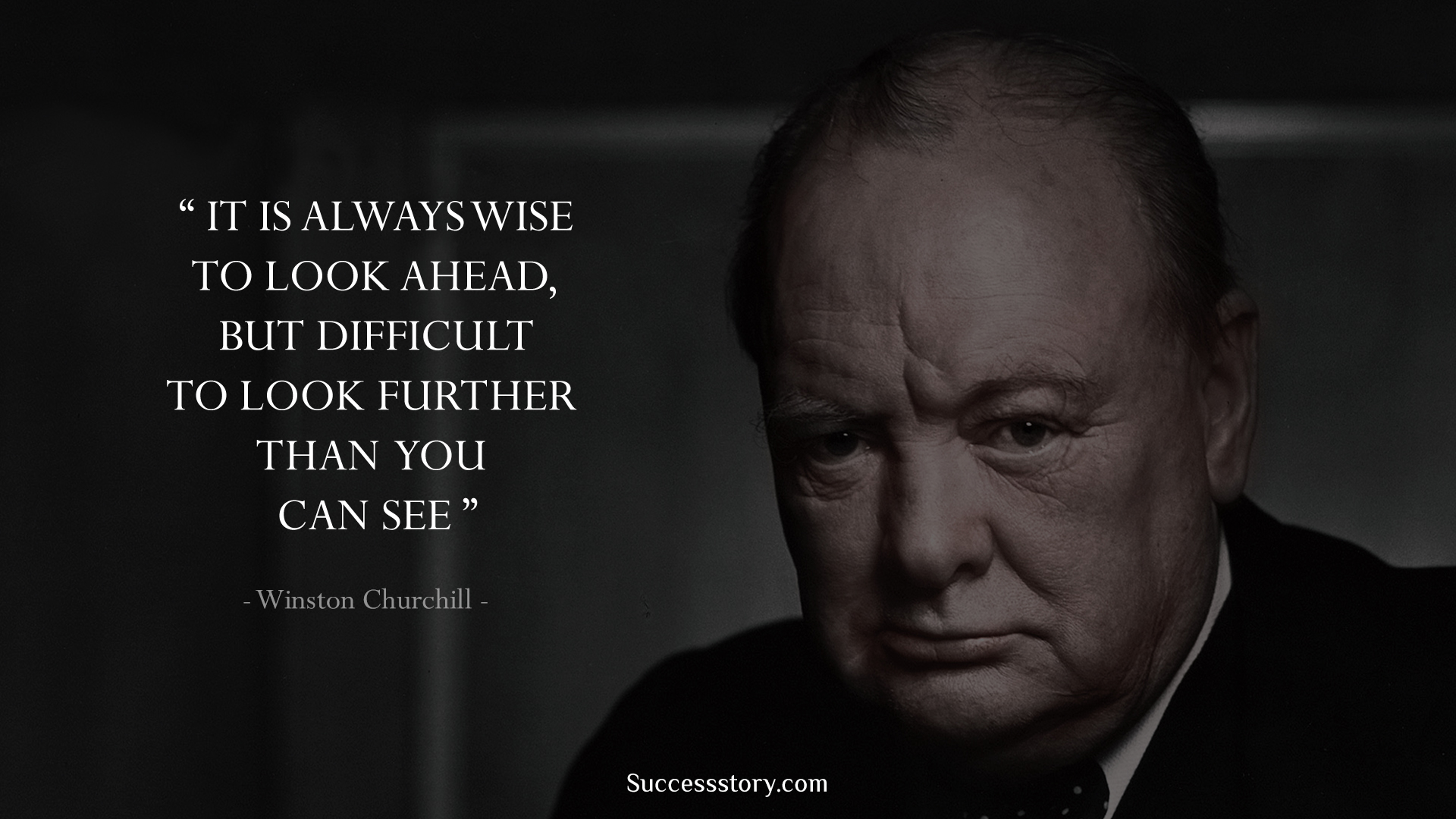
"It is always wise to look ahead, but difficult to look further than you can see."
Best Thing About Future

"The best thing about the future is that it comes one day at a time."
Live for Today
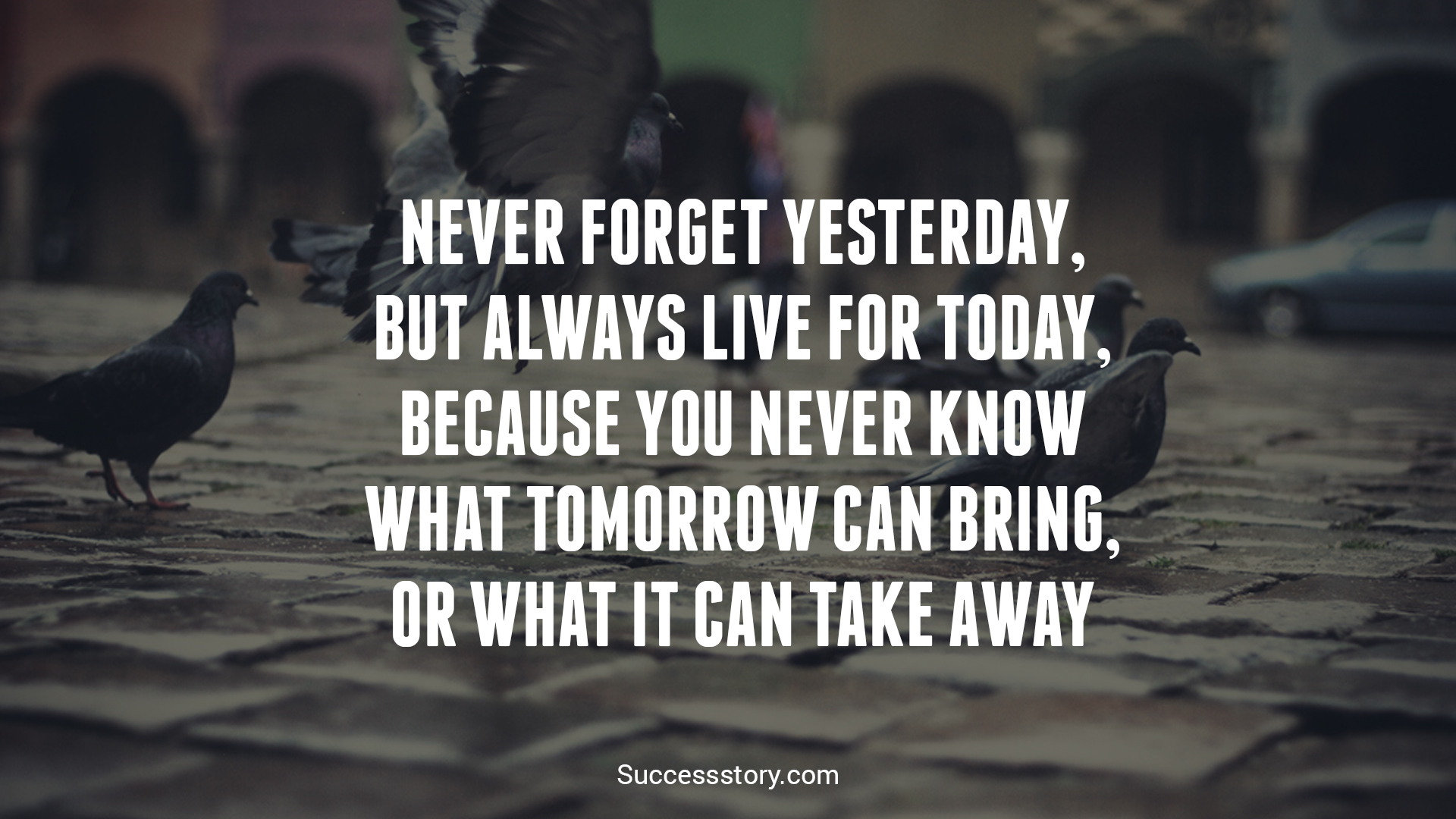
"Never forget yesterday, but always live for today, because you never know what tomorrow can bring, or what it can take away."

Quotes on How to Have a Better Future by Some of Success People
1. Future

"I really believe in the idea of the future"
2. Life
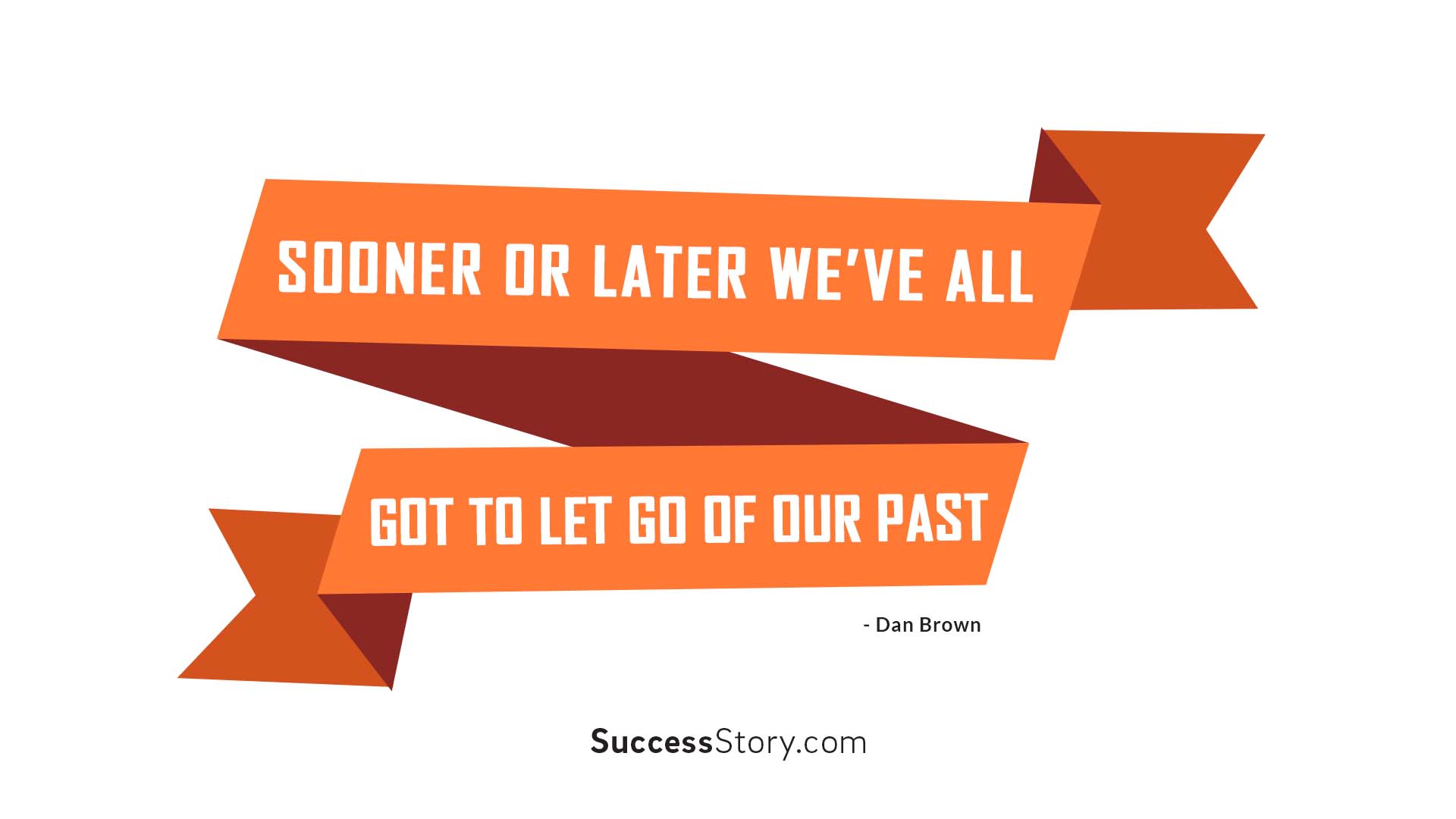
"Sooner or later we’ve all got to let go of our past "
3. Study the past

4. True Happiness

5. Vision

Passion and Performance : How to be Successful Throughout Your Career
There has been a significant trend over recent years to “follow your passion.” That’s just great, but if everyone wanted to jump out of planes or leap tall buildings in a single bound, how would the rest of us survive? If you are like most people, your early education taught you how to learn. The greatest benefit of my education was creating the desire to learn. I finished formal qualifications years ago, but I continue to go to at least one or more educational activities every week!
When you were growing up, you may have been very clear or very unclear about your future direction in life. I want to start by saying that no time is ever wasted. You may think that a crappy job was a waste of time – but what did it teach you? When you were ‘in the groove’ and in the right job, what did that teach you? As you grow older, how do you make decisions about what to do next?
Here are my top 10 tips to be successful throughout your career.
1. Be Willing to Learn and Grow

Every single day, you must be willing to learn something new, grow in some way or develop a new skill or talent. You might even just try and do what you did yesterday, but 1% better. Did you know that we are biologically programmed to want to improve – so if you don’t, you are actually holding yourself back! Understand that you can learn and grow from every situation – but you will probably find that you respond to the worse situations more than the good situations.
2. Be Willing to Move On from Issues
So something bad has happened at work. I can guarantee you that right now, it is not the end of the world. It might feel like that in the moment, it may even take a long time to recover, but it is never the end of the world.

Try not to react in the heat of the moment. If it is very serious, take stock and review your various options before taking action. If you end up leaving, even in difficult circumstances, be willing to let go and get on with your life. It took me six and a half years to stop being angry after being sacked when I was pregnant. I had to read a book on Forgiveness to work out what to do and move on. But I did eventually move on – but I could have saved myself six and a half years of grief if I had worked out how to move on sooner!
3. Be Willing to Start at the Bottom

A good education does not give you wisdom and experience. Intellect does not generate mastery. If you are willing to start at the beginning, despite your qualifications and your abilities, you have the opportunity to grow quickly and receive a promotion early. If you refuse a lesser opportunity, you may never be asked for a higher opportunity and find yourself unemployed after finishing a Ph.D. Every job is part of your career and adds to your list of transferable skills – don’t be too selective.
4. Be Willing to Work Hard
Good effort is recognized. Sure, there are plenty of people who promote luxury lifestyles, but these never happen overnight – they still require hard work first. Apply yourself when you are at work. That doesn’t mean working 14 hours per day, every day – but it does mean that when you are at work, you work. You don’t chat with friends, play on your phone or take extra long breaks.

You provide a fair exchange of effort for your payment (even if you feel that you are underpaid). What you earn in salary requires up to seven times that income to support that salary (to cover rent, administration, expenses, research and development, marketing, consultants etc). Don’t assume that because the business makes millions you are entitled to millions (unless you want to be the business owner and take all that risk).
5. Be Willing to Share your Talents

As you master your abilities, make sure you are willing to help others learn new skills. Let others help you too! Seek out opportunities to learn more skills and don’t rely on your employer to provide all of the opportunities. Why not go to a short course at your own expense? Then after the course, provide a report to your employer on what you learned and are willing to share with others. You need to be proactive and not just wait for an opportunity to appear – go out and find it! You never know, you might meet a future employer for the next step of your career!
6. Be Willing to Accept Help

Most successful people rely on teachers, trainers, advisers, coaches and mentors. They have discipline and know how to help themselves, but they are also willing to receive help. They realize that there is always something new to learn and even someone in a lower level role may be able to teach them new skills. Remember to be open and friendly in the workplace so that people can feel comfortable sharing both good and bad news. Some of my strongest criticisms have given me the most power to improve! I would never want someone to not tell me if I was doing something wrong!
7. Be Willing to have your Views Challenged

You may have been a part of your organization for a long time – that doesn’t mean you know everything! Encourage innovation and enterprise. Look at competing businesses and find ways to improve your performance within your organization. If someone has a new idea and you can’t see it working, make time to discuss it in detail and see if it can be adapted in some way and be enhanced by a closer review. Invite customers, clients, suppliers, and stakeholders to give you feedback so that you can provide even better service. Don’t react when you hear bad news – look for solutions.
8. Keep People Informed

When you work with other people, they need to know what is going on. If you are invited to meetings, go and participate and share stories (but do not stop others from sharing their stories). You do not need to share details of your personal life, but if a serious crisis has occurred (death or serious illness of a loved one), then it may be necessary to let someone know and adjust your work arrangements. Share good news up the line and to your colleagues so that everyone can benefit.
9. Understand the Needs of your Employer

You may think that to be effective in your job, you just need to complete certain tasks consistently. But what does the organization need? Do they need to improve their offerings, increase returns or upgrade their systems? Try not to be myopic and only look at your role. Look at the bigger picture and understand why you are employed and how you could add more value. If your current job is just a ‘means to an end’, it is still important for you to do it willingly – for your own sanity! Every job has elements of good and bad, no job is 100% perfect. If your job is 80% okay, I say, relax!
10. Consider your Future

To decide where you are going, you need to understand your values first. What is most important thing to you? Salary? Hours? Learning? Experience? Promotion? Something else? If you understand what is most important, you can make decisions very easily. For example, my highest value has always been to be available for my children – so when an opportunity comes up that involves too much travel, I can simply say no, thanks. I don’t even have to think about the options because my highest value would not be achieved.
To this end, you also need to take regular steps towards your future direction. Trying to stop one thing and instantly start another rarely works and in most cases, it usually creates a lot of false expectations, unrealistic demands, and stress – especially if you have to take a serious pay cut!
Ultimately, career success depends on you taking responsibility for your day-to-day and future career planning activities. You can either be open, proactive, and relaxed; or be closed, defiant, and stressed! The right amount of passion in the right direction can create an amazing performance.
Remember that there are many professionals who can help you with all aspects of your career, so don’t just educate yourself to do a job, make an effort to educate yourself to have an amazing career!!

Tips to get into a IT career
Tips to get into a IT career
Starting a career in technology is the most common thought for many people but the obvious question is how to make the right start. This vast field has been covering numerous career paths from database administrator, network engineer, developers and hardware maintenance.
It requires better communication skills and certain knowledge in the technical field for sustaining in the job. Most of the students take up for time intensive training programs, but it is a matter of fact to be considered as not all the training and certifications could land you up in the right job.
1. Seeking the Right Portal

In order to get a better sense of the technological job roles, attend for the industry organization meetings where they provide mentoring programs for picking the correct role. Reading books related to programming and networking could give you an idea regarding the variety of jobs in the field.
The numerous courses online with a huge number of websites having online tutors provide lectures on each topic in programming and technology that can be a great benefit for the beginners. For any aspiring engineer, it is important that he must be up to date about the latest technological developments that happened recently. These informed solutions could give him information about the possible job offers in the market.
2. Adapting to the Techie Environment

Without any digital experience, it may be tedious to work with a large company and so the person should be always ready to work with low level organizations as an intern too. This can be a great tool for acquiring the needed knowledge to get into the industry and make a better impact in the competing environment.
An excellent profile can always attract your recruiter by bringing the creativity and charm. Add the list of your strengths and achievements in the field of technology that can convey how competing you are. Prepare for the interview at the right time by analyzing about the company details and their process.
There are other ways like making referrals in the company by means of friends and family. Personal connections are a best way to find up a new job but most often they request for experienced candidates.
3. Stepping into the correct stop

Volunteer for any organization by applying for the internships even though you may be paid low. This can be a right platform on showing your willingness to join in the company and the desire to succeed. Do not look for your own choice of job, instead analyze the current market trends and the job requirements needed.
Building your skills on the particular requirement can make you even more satisfied and happy with the job.
It is always advisable to brush up the old books and stay technologically strong by reading a lot. Staying in touch with previous colleagues or friends can improve the chance of networking and earn a better job significantly.
Building your community through social media can bring in a lot of opportunities concerned with training and internships. Avail for the right opportunity by gaining insight about the latest opportunities and learn about the techie life before stepping in.
You Are Pursuing The Wrong Career
6 Signs You Are Pursuing The Wrong Career
The old and proven adage says ‘money can’t buy everything and it certainly can’t buy happiness’. You and I symbolize a happy life with wealth, fortune, and success; however, the fact is that huge success is akin to a row of dominoes where one small blow can make the entire row of dominoes fall
Research and study suggest that authority and power of domination make a person more vulnerable and increases the risk of anxiety, stress, and depression. No one is ever immune to such maladies. There have been so many cases of highly powerful and successful people falling into depression, including the former American President Abraham Lincoln, Buzz Aldrin who had set his foot on the moon from Apollo 11 mission, etc. The creamy and successful people are more prone to depression than the average people.
A study reveals that super-successful people have many strings attached and are likely to get pulled by any string and fall into the abyss of depression. Here are six reasons to understand why the super-successful tend to get depressed:
1. Restricted or no time for self and family

Setting up an empire takes a lot of effort and time. The super-successful reach that height by investing a lot of time into their endeavors, so much that they are left with no time to relish small but powerful moments like family gatherings, time with kids, etc. which are essential for the upliftment of emotional quotient and mood. The pressure finally takes a toll on them in the form of depression.
2. Ongoing tough competition

The tough competition has made everyone paranoid which eventually infuses stress. The successful people have reached the peak by beating others in the competition but the competition never ends as after reaching a point, one needs to compete again to sustain it and hence, the competition makes one weary of it. Moreover, people always keep comparing themselves with others who are above them on the ladder, and it is a way to depression.
3. Less resilient

Failure is a part of life. No one ever keeps succeeding all the time. However, the super-successful become less resilient to failure and easily get affected by it. The fear of failure makes them vulnerable and hence they tend to get depressed.
4. Contracted world of the same boat

Average and regular people have lots in common to talk about and share perspectives. Continuous interaction keeps them happy. However, the world of super-successful people keeps shrinking as they keep climbing ladders up. They do not get the company of same people like them to interact with on a regular basis. A boundary gets drawn between them and the rest of the world.
5. Saturation and stagnant point

After reaching the highest point, there is nothing much left to explore for the super-successful people. They struggle and work hard to reach the peak but after reaching there, a saturation point comes which is difficult to handle as suddenly they feel they have nothing much to do. All this while they get used to striving and when this ends, an emptiness occurs which gives birth to depression.
6. Zero tolerance even to the slightest discomfort
The most successful people also lead a lavish life and eventually they get habituated to it. They do not like to wade through difficult times as normal people can do. They grow intolerant towards any discomfort and when such a turbulence presents itself, they tend to go into depression as they do not feel strong enough to cope with it.

The slightest deviation from the expected outcome is enough to depress anyone but the strength lies in not getting affected by it. Just look for alternatives when you feel you are slipping into depression.
Subscribe to:
Posts (Atom)












